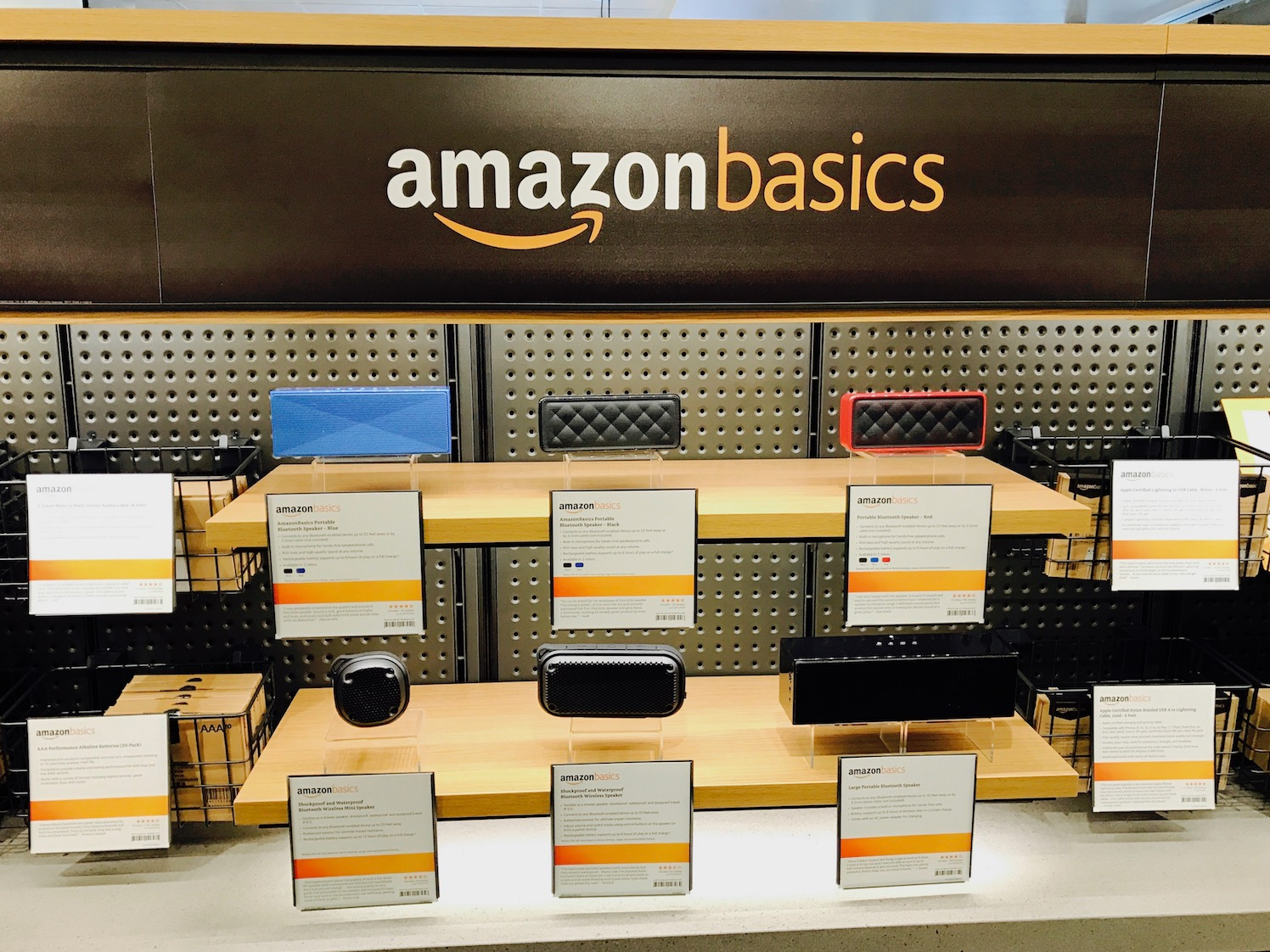- Amazon has been on a tear in the last few years, launching hundreds of private-label brands offering thousands of products.
- Many of those brands and labels have not quite taken off with customers, according to a new report from Marketplace Pulse.
- Amazon has recently been launching initiatives to put its private-label brands in front of customers in new and potentially obtrusive ways.
Amazon’s private-label goods haven’t taken over the world yet.
The tech giant’s incredible number of private-label goods haven’t rocked the retail world as some expected. According to a new report from e-commerce research firm Marketplace Pulse, very few of Amazon’s private labels have actually become big hits.
Of the 406 brands analyzed by Marketplace Pulse, AmazonBasics – Amazon’s home and electronics brand – is the most successful, scooping up 57.8% of Amazon’s private-label sales, even though it accounts for only 5% of the new products the company has launched, the firm said.
Following that is the Amazon Collection jewelry brand, with 7.8%, and Amazon Essentials, which sells basic clothing for both men and women, at 4.8%. None of the others make up more than 2% of Amazon’s private-label sales.
Measured by sales, the products don't fare any better. All told, sales from Amazon's private-label brands are under $1 billion, according to Marketplace Pulse. That's a lot taken in isolation, but it's also just a fraction of the $122.9 billion Amazon raked in last year from direct online retail sales.
An Amazon spokesperson did not immediately return Business Insider's request for comment on the Marketplace Pulse report.
Amazon is making moves to put its private-label brands in front of customers. It has tested placing its own brands front and center for customers to see and compare to other brands, according to the Wall Street Journal. As part of a recent test, the ads occurred as both pop-ups in the app and on top of desktop webpages, forcing users to scroll down before they could see the product they intended to view.
Private labels are often cheaper than a name brand, making them a compelling offer for customers.
Amazon does have to walk a fine line here. Its private-label brands are already scrutinized because Amazon acts as both a direct seller and a platform for other merchants to sell to those same customers.
Presidential hopeful Sen. Elizabeth Warren has already laid out a proposal to separate platforms from providers.
